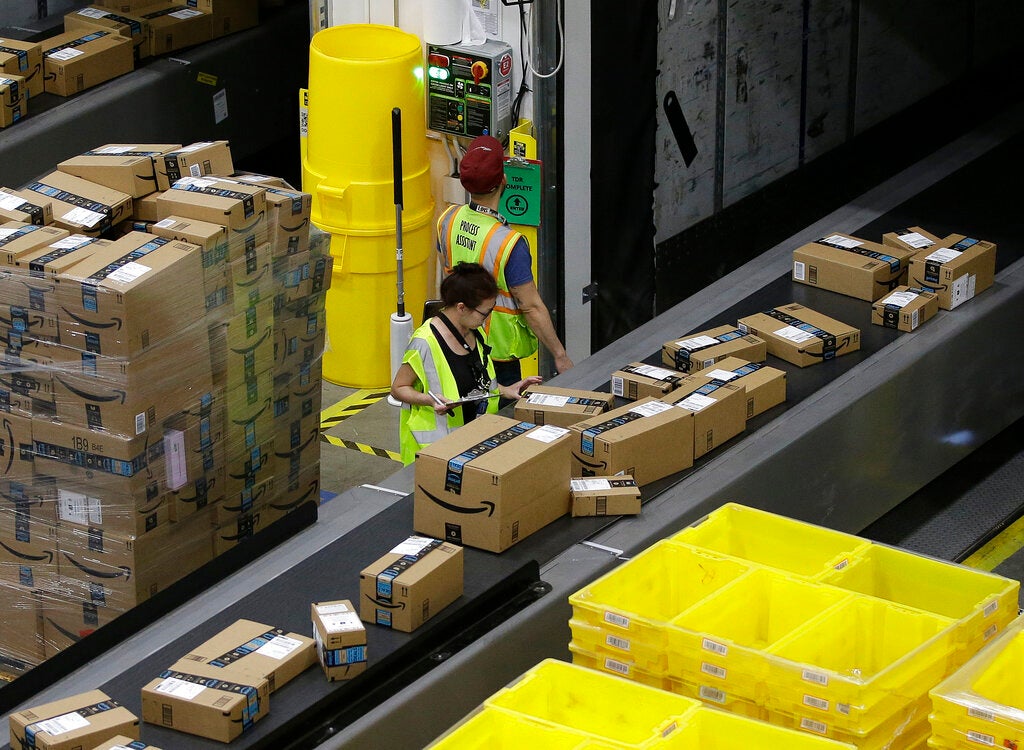When we think of mom-and-pop small businesses, we often envision quaint hardware stores, cozy diners, or charming family-run clothing stores. However, one type of small business that may not immediately come to mind is a dishwashing business. This unique concept involves a single individual, unincorporated and without a business address or capital, working as a dishwasher for a restaurant using the restaurant’s machinery on the premises.
Recent enforcement actions by the City and County of Denver have shed light on the exploitation of workers in the gig economy, particularly in the hospitality industry. Two staffing companies, Instawork and Gigpro, have come under scrutiny for misclassifying workers as independent contractors rather than employees. This misclassification has led to violations of minimum wage laws and state regulations on paid sick leave.
Under Colorado labor law, an employee is defined as someone who performs labor or services for the benefit of an employer. Factors such as the level of control exerted by the employer and the nature of the work performed are considered in determining employee status. In contrast, an independent contractor is someone who works free of control and is engaged in an independent trade or business related to the service provided.
The cases in Denver highlight the expansion of the gig economy model beyond traditional sectors like ride-sharing and food delivery to include a wide range of jobs previously held by employees with legal protections. This shift raises concerns about worker rights and the need for government intervention to ensure fair treatment in the workplace.
Gig companies like Instawork and Gigpro save money by avoiding wage-related laws and taxes, putting workers at risk of receiving sub-minimum wages and lacking essential benefits like workers’ compensation. This unfair competition undermines law-abiding employers and depletes critical safety-net programs.
The gig economy model has extended to various industries, including hospitality, warehouse, housekeeping, and retail. The exploitation of workers through misclassification as independent contractors has prompted legal action in cities like San Francisco and New York City, where minimum wage laws for gig workers have been enacted.
To address these issues, new laws tightening the definition of independent contractors and robust enforcement mechanisms are essential. State and local governments play a crucial role in protecting workers’ rights and ensuring fair treatment in the workplace. The recent federal rule issued by the Biden administration aims to prevent employers from misclassifying workers as independent contractors, signaling a step towards greater worker protections.
In conclusion, the gig economy’s expansion into sectors like hospitality underscores the urgent need for comprehensive action to safeguard worker rights and prevent exploitation. By enforcing existing labor laws and implementing new regulations, we can ensure that all workers are treated fairly and have access to essential protections in the workplace.



















